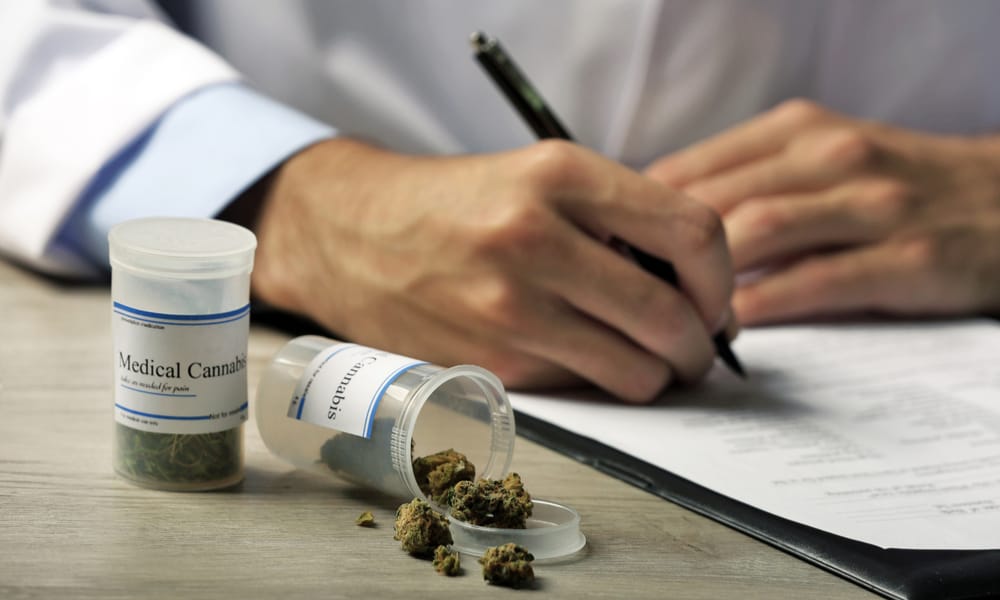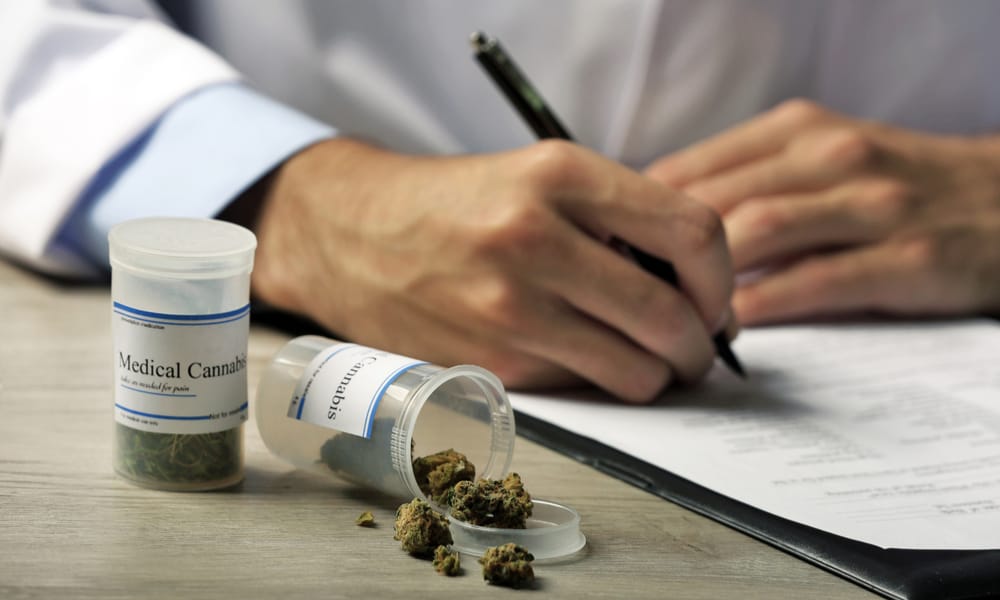
Now approaching the fourth year since Louisiana lawmakers passed medical cannabis legislation, patients have been stuck in a frustrating and painstaking wait as treatment remains unavailable.
On Monday, patients and medical cannabis advocates received another disappointing update on the lengthy regulatory and testing process, potentially leaving the recently purported summer 2019 start date in jeopardy. Still unable to obtain treatment from regional pharmacies, there is still no definite timeline for when medical-grade cannabis products will finally come to the Bayou State.
Gathered at the Louisiana Department of Agriculture and Forestry’s public stakeholders meeting patients, regulators, state-sanctioned growers, and the universities overseeing the process convened to discuss the current state of the stymied medical cannabis program.
Louisiana Patients Grow Weary of More Delays to Medical Cannabis Access
Katie Corkern, a mother and medical cannabis advocate, has pleaded for years with Louisiana lawmakers to make treatment available for her 12-year-old son, Connor, who’s been suffering from debilitating seizures.
At the most recent meeting, she said her son has been to the hospital 15 times since lawmakers passed medical cannabis legislation. Despite Connor’s neurologist recommending that he use medical pot to help control his seizures, Corkern has been unable to get him treatment.
“We’re waiting, and Connor doesn’t deserve this,” she said at the meeting. “Neither do the citizens that you all don’t get to see.”
Passed back in 2015, these frustrating delays are due in part to the particularly restrictive medical cannabis framework that Louisiana lawmakers have implemented. For instance, medical-grade marijuana is only allowed to be grown at the agricultural centers at LSU and Southern University, leaving the entire system in the hands of only a couple of cultivators.
Over 1,300 days have passed since the law was put into place. So, the frustration expressed by patients is certainly warranted. Several attendees at Monday’s meeting pointed fingers at the regulatory hurdles that the agricultural department must follow, particularly regarding the decision that all medical cannabis products must be tested in-house.
Louisiana’s Restrictive Medical Cannabis Framework Leaves Patients in Limbo
Despite the repeated pleas from Corkern and other patients in need, lawmakers don’t seem to be searching for an immediate solution to this dire impediment.
Ilera Holistic Healthcare, the grower operating at Southern University, hasn’t started growing its product yet. And the initial estimate of having medical pot available by summer or early fall is now being questioned as too optimistic by state agriculture officials.
While GB Sciences, the research and biotechnical development company growing out of LSU, has already started production on its therapeutic cannabis crops, they’ve refrained from giving an estimate on when treatment will be ready for patients.
Just last week Dr. Richardson, LSU’s Vice President of Agriculture, expressed cautious hopefulness that the first batch of medical cannabis products would be ready for patients by this summer. That optimism seemed to have waned a bit during the public meeting on Monday, however.
“To give you a particular date, we’re unable to do that,” said John Davis, president of GB Sciences Louisiana. “There are so many different factors that are outside of our control.”
Lab Testing Isn’t the Only Issue
Shifting the burden of testing from the agricultural department to a private lab would almost certainly help streamline the process. But Agriculture Commissioner Mike Strain said his agency must ensure all products are safe for patients, adding that he couldn’t find a private testing lab that could meet the state’s strict criteria.
“We are doing all that we can as quick as we can, “said Strain. “Keep in mind, there are no clinical trials. We must make sure it’s as safe as it can be.”
The agriculture department’s lab supervisor admitted the first round of testing has taken longer than expected, but that subsequent testing should go much more smoothly. Testing isn’t the only obstacle preventing Louisiana patients from receiving treatment, however.
GB Sciences is currently operating out of a temporary site while it waits for approval to move into the main facility. According to Davis, this has limited production capabilities and stopped the company from setting up a proper supply chain. He also stated that the company wants to ensure that refills will be available to patients once the first batch of products are rolled out to regional pharmacies.
It’s abundantly clear that state regulators have taken a cautious, molasses-like approach to implementing its medical cannabis framework. Unfortunately, while they continue to drag their feet, it’s patients like Connor who will continue to suffer at the expense of this restrictive and bogged down system.











